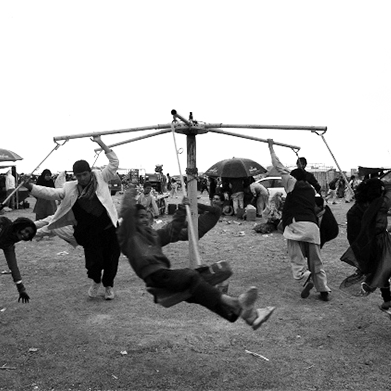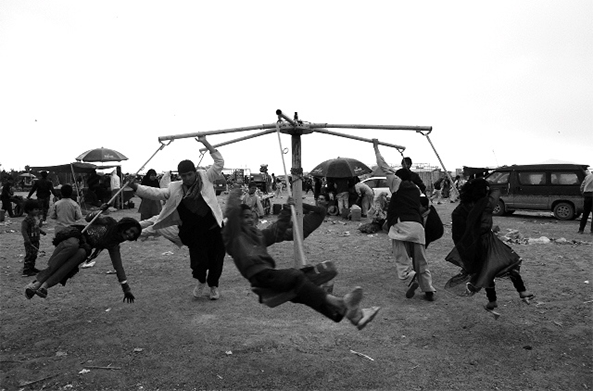
You do not end up in Afghanistan, Libya or Syria because “someone has sent you”. Benghazi, Kabul, Aleppo are the destinations of pondered paths and deliberate choices. The reasons that lead to these roads are different; idealism, spirit of adventure, escape, ambition, money, self-destruction, curiosity, desire to discover, knowing, understanding, the anxiety of banality. There are few truths. However, there is one you cannot escape from: you live, travel, work in places like these because that’s what you want, because that’s what you chose. Like every other choice, together with its satisfactions, it has its costs. It requires sacrifices and compromises different in shape and nuances, but not in substance, from those who legitimately choose to live a “sedentary” life. Stability is sacrificed on the altar of fear of boredom. You become a kind of high priest of research (at times one asks research into what?) and all this at the expense of safety.
It’s a lifestyle choice, like many others. Neither better nor worse.
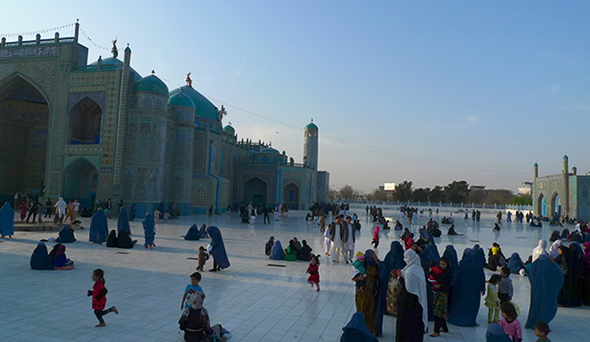
I’ve been living in Kabul for several months. I am a writer and an independent researcher. I do not write about war, I do not have a bulletproof vest under the bed and do not look for adrenalin in the trenches. I deal with creative practices and how these take shape in countries where there are wars. I am interested in creativity and resilience and in the role they play in imagining the future in countries where the present offers only violence and uncertainty. I’m writing a book and coordinate the fourth edition of the Contemporary Art Award for young Afghan artists. I am among the privileged who wake up in the morning telling myself that I am lucky because I am where i want to be and am doing what I want to do.
Life in Kabul is not easy; definitely exciting and charming, but also very tiring. It is in this effort – emotional, physical, intellectual, cultural – that nestles one of the dangers that are part of the routine of this kind of life, namely self-satisfaction. It is constantly lurking, a double-edged sword that protects and blinds. The narcissism often shields fear, distracts the eye from all the scary things that await us in the outside world, re-projecting them on ourselves, our challenges, our courage, pushing us to look in the mirror and say: “Come on, come on, you’re doing ok”. It is a sneaky mechanism that blinds us slowly and disorders priorities. In this way, the engine of the narrative is increasingly focused on ourselves, losing sight of its true reason for being.
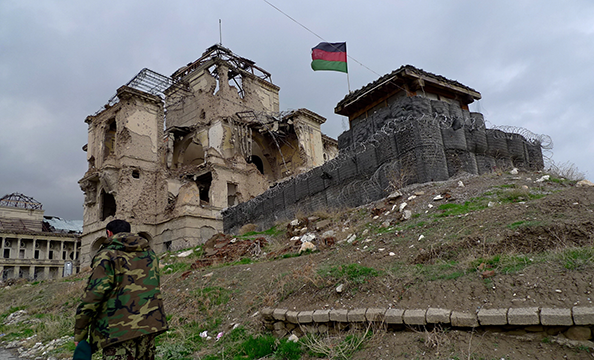
We become proud of ourselves “giving a voice” to those who do not have one, without realizing the paternalism inherent in such a statement. Luckily we are here to risk our life, luckily we are here to reveal the hidden truths to the world, luckily we are here… The ego grows and the fear for war is silenced – at least for a while. And with the ego grows a Blade Runner style presumption: “I’ve seen things you people…” We feel entitled to judge the smallness of ordinary concerns, the scales of values that do not coincide with our own, what we consider mediocrity from the top of our pedestal. Falling into this kind of blindness is my biggest fear and and I’ve been confronting it every day.
Living in Afghanistan is teaching me humility and patience towards others but, above all, towards myself and my limits. I’m learning to keep my eyes fixed on the motivations of my work, to question the reasons for each word I write, to accept shades of grey and to remind myself that my presence here is ephemeral and manufactured. I am in Kabul because I have chosen to be here and if the situation worsens I can always get my backpack and go home. People stay here and go on, with serenity or resignation, but always with determination. The war teaches us that life continues. People are born, die, make love, the windows tremble every time a helicopter flies over, bombs continue to explode. Yet life goes on. And I’m here to tell a story.
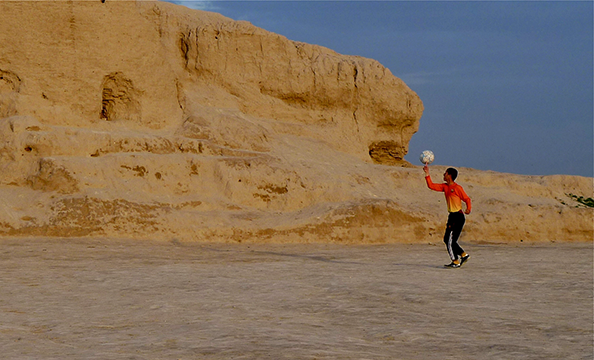
Kabul is teaching me that the stories I tell can at best be an amplifier and that, above all, the world goes serenely on, even without me.


